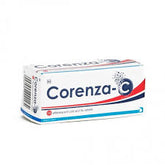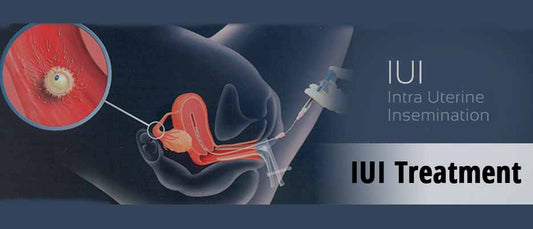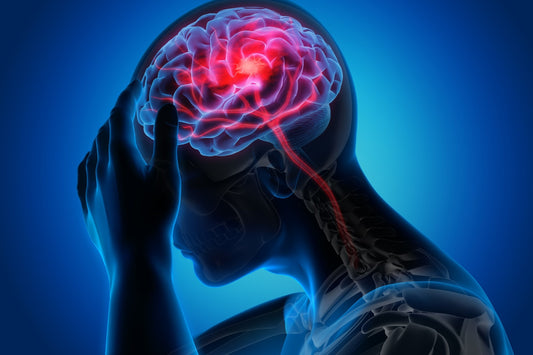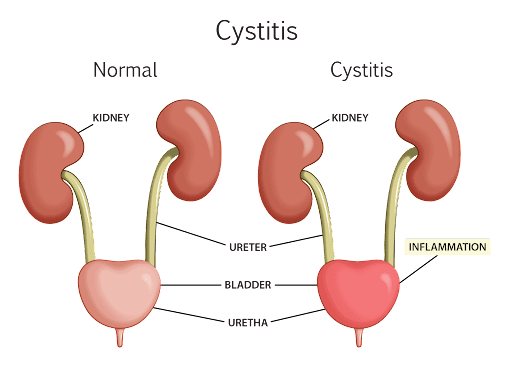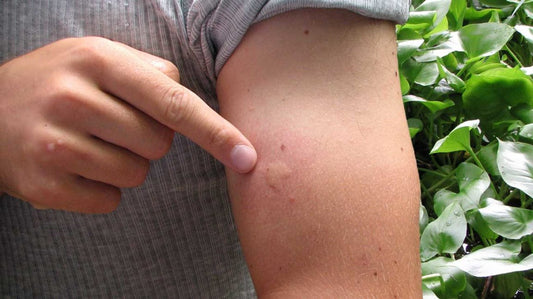featured Intrauterine insemination (IUI)
On by ZimSeller Pharmacy 0 comments
Intracranial hypertension
On by ZimSeller Pharmacy 0 comments
Interstitial cystitis
On by ZimSeller Pharmacy 0 comments
Intersex
On by ZimSeller Pharmacy 0 comments
Intensive care
On by ZimSeller Pharmacy 0 comments
Insect bites and stings
On by ZimSeller Pharmacy 0 comments
Inguinal hernia repair
On by ZimSeller Pharmacy 0 comments




